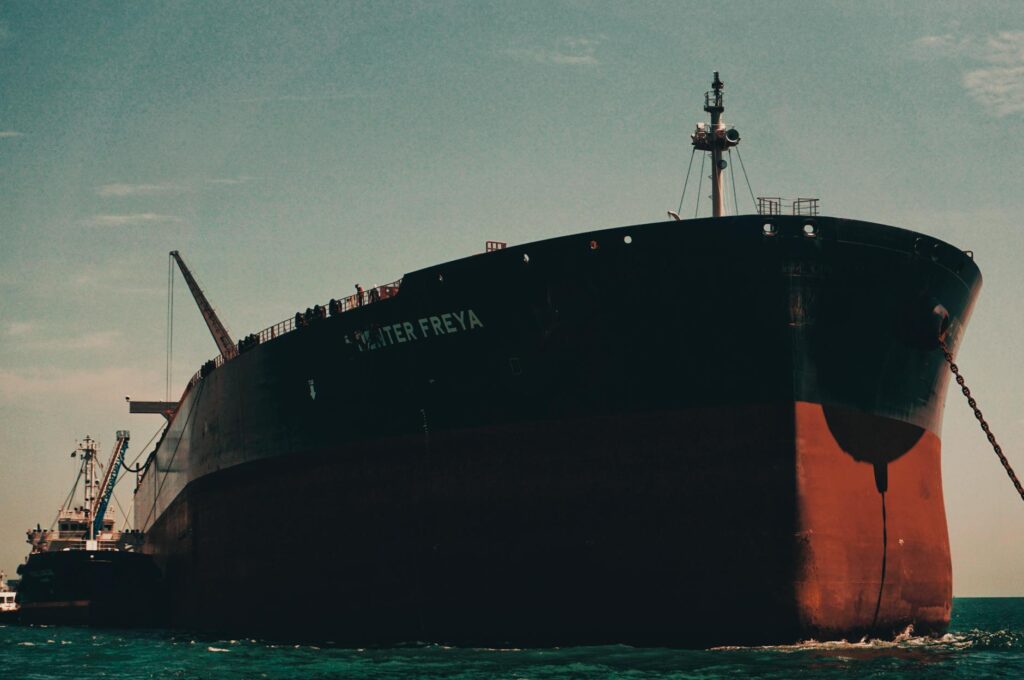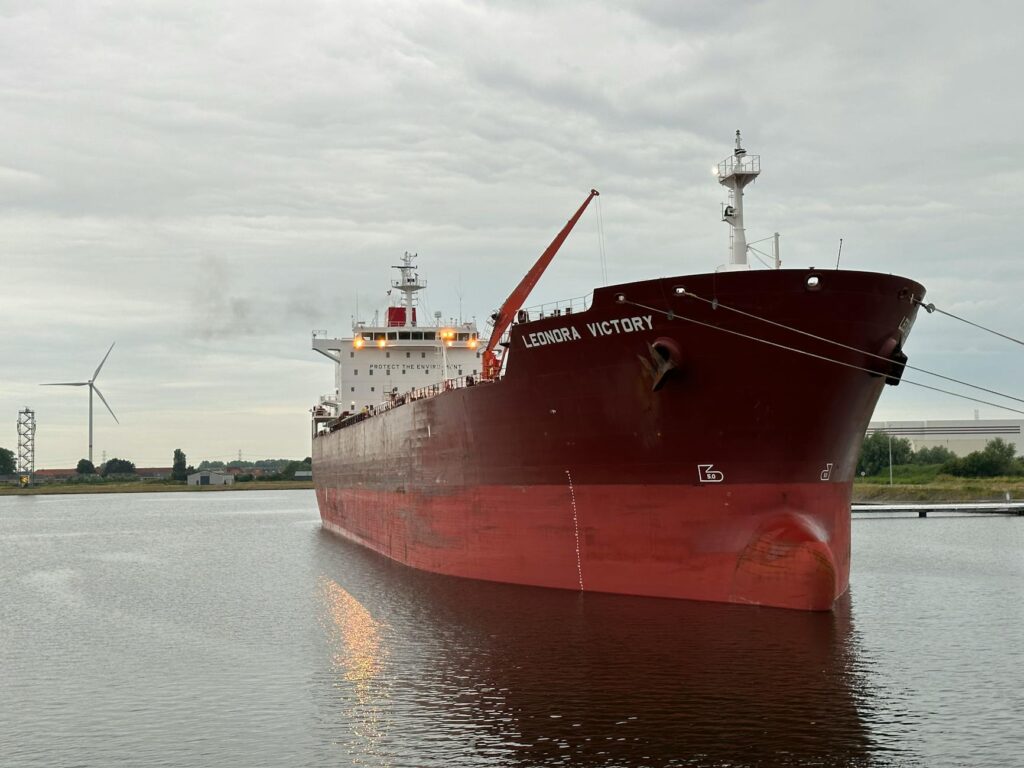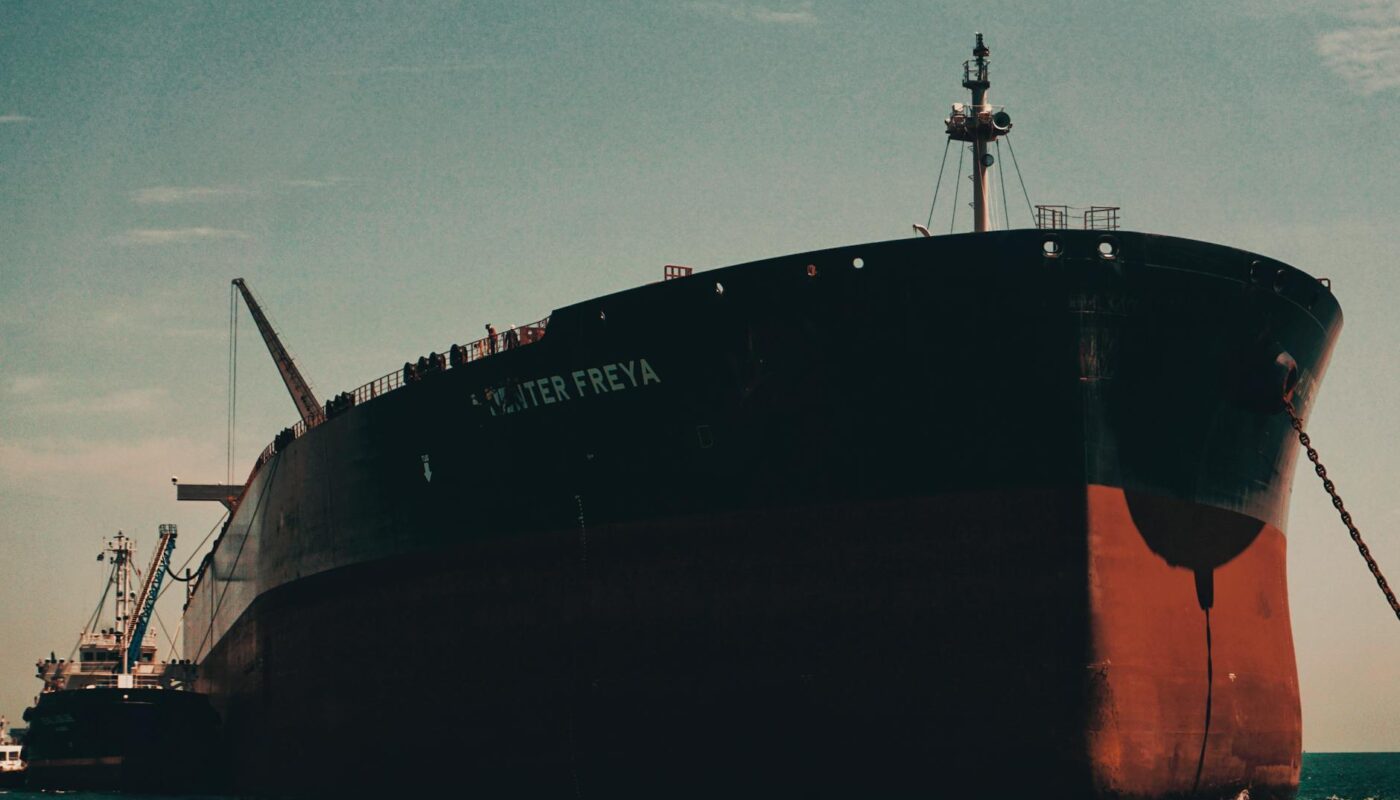Navigating the complex world of marine insurance can feel like charting a course through a stormy sea. But understanding the basics of cargo, hull, and freight insurance is crucial for anyone involved in maritime trade. This guide will illuminate these key areas, helping you protect your investments and navigate the waters with confidence.
Understanding Cargo Insurance
Cargo insurance protects goods being transported by sea against loss or damage. This is vital for importers and exporters alike, covering everything from unforeseen events like storms and collisions to less dramatic incidents such as theft or pilferage during transit. The extent of coverage varies depending on the chosen policy; some offer broad protection while others are more tailored. Choosing the right policy involves carefully assessing the risks involved with your specific cargo and transportation route. 
Protecting Your Vessel: Hull Insurance
Hull insurance is specifically designed to protect the vessel itself – the ship, boat, or other watercraft used for transportation. This insurance covers damage or loss caused by a wide range of perils, including collisions, grounding, fire, and even acts of terrorism. Premiums are usually determined based on factors like the age, size, and type of vessel, as well as its intended route and operating conditions. Finding a reputable hull insurance provider is essential for securing adequate coverage. 
Freight Insurance: Securing Your Transportation Costs
Freight insurance protects the cost of transporting goods. In the event of a covered loss or damage to the cargo, this insurance covers the prepaid or pre-agreed freight charges. This is particularly relevant when dealing with high-value shipments or time-sensitive deliveries where delays could prove costly. It works hand-in-hand with cargo insurance, providing comprehensive protection against financial setbacks. For more information on freight forwarding and logistics, check out this resource.
The Interplay of Marine Insurance Types
While cargo, hull, and freight insurance are distinct, they often work together to offer a comprehensive risk management strategy. For instance, damage to a vessel (covered by hull insurance) might lead to cargo damage (covered by cargo insurance) and loss of freight charges (covered by freight insurance). Understanding how these policies interact is vital for securing maximum protection. You can learn more about specific policy details in our detailed guides.
Choosing the Right Marine Insurance Policy
Selecting the appropriate marine insurance policy requires a careful assessment of individual needs and risks. Factors to consider include the type and value of goods, the chosen transport method, the route, and potential hazards. Consulting with a qualified insurance broker can help you determine the optimal level of coverage for your specific situation. They can help you understand the intricacies of policy terms and conditions, ensuring you get the best protection for your investment. [IMAGE_3_HERE]
Minimizing Risk: Prevention and Mitigation
While insurance provides a safety net, proactive risk management is crucial. Implementing proper packaging, adhering to safety regulations, and selecting reputable shipping companies can all significantly reduce the likelihood of losses. Regular vessel maintenance and crew training also play a key role in preventing hull-related incidents. For more prevention tips, see our blog on safe shipping practices. Learn more about best practices here.
Understanding marine insurance, particularly its different facets like cargo, hull, and freight coverage, is crucial for mitigating risks in the maritime industry. By carefully considering your needs and securing the appropriate policies, you can protect your valuable assets and ensure the smooth operation of your maritime ventures.
Frequently Asked Questions
What is the difference between cargo and hull insurance? Cargo insurance covers the goods being shipped, while hull insurance covers the vessel itself.
Is freight insurance necessary? Freight insurance can be beneficial to protect your investment in transportation costs in case of cargo loss or damage.
How do I choose the right marine insurance policy? Consult with a qualified insurance broker to determine the optimal coverage for your specific needs and risks.
What factors affect marine insurance premiums? Factors such as the value of the goods, the type of vessel, the shipping route, and the potential risks all influence premiums.
Where can I find more information about marine insurance? You can find more information on our website or consult with a qualified insurance broker.



